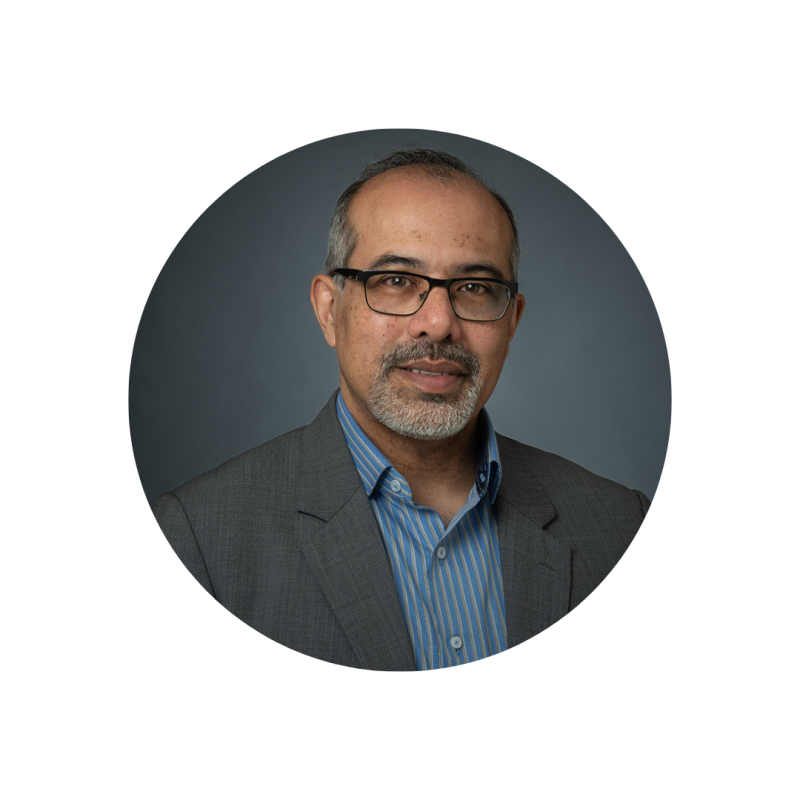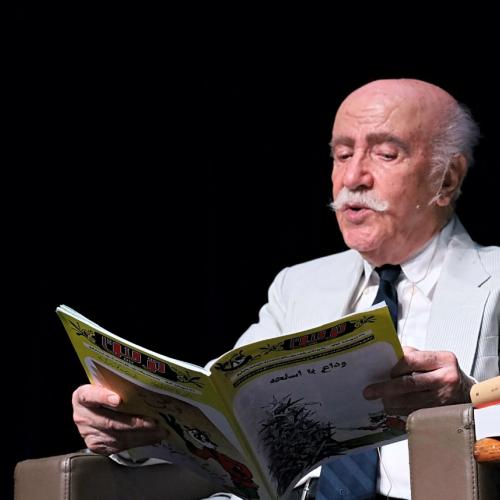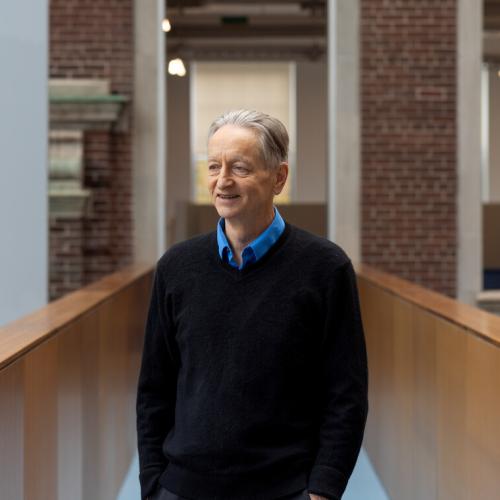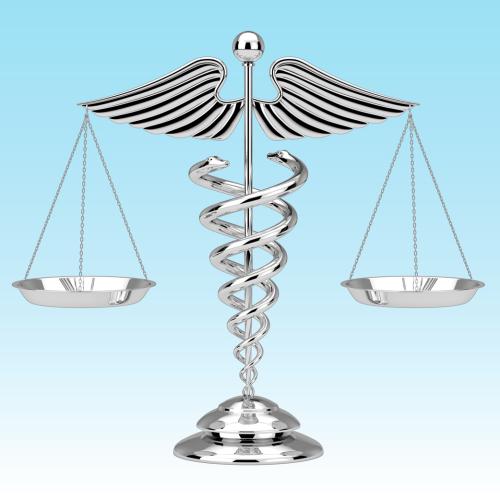Engage with a thoughtful panel discussion on the implications of expanding MAiD, including U of T experts who gave expert testimony to Parliament's special joint committee.

This January, following joint parliamentary committee hearings on Canada’s readiness to introduce MAiD for mental illness, the government agreed to temporary halt the plans.
Why did it do so? What will happen next? Should MAiD be offered as a form of treatment for mental illness within our mental health care system, now or in the future? What are the legal, ethical, and policy arguments for continuing to prohibit it, or for introducing it? How does this discussion fit within the larger debate about the expansion of MAiD and its impact on disabled persons and their rights? How has Canada’s practice developed, and what are the implications? Is Canada’s health care sector enabling people to live their lives to the fullest? Or is MAiD to easily seen as a solution to suffering?
Engage with a thoughtful panel discussion on the implications of expanding MAiD, including U of T experts who gave expert testimony to parliament's special joint committee.
Participants

Professor Anna Su
University of Toronto Faculty of Law

Professor Trudo Lemmens
Scholl Chair in Health Law and Policy, University of Toronto Faculty of Law

Dr. K. Sonu Gaind
Professor, Temerty Faculty of Medicine
Chief of Psychiatry. Sunnybrook Hospital

Kerri Joffe
Human Rights Lawyer, ARCH Disability Law Centre
Have questions about this event?
Contact U of T Law Alumni Affairs at alumni.law@utoronto.ca
This event is part of
Online events
U of T alumni online programming includes free Massive Online Open Courses (MOOCs), the U of T alumni book club, and online lectures and webinars on a wide range of topics from health to computing to Indigenous Studies.
This event is part of
Lectures & workshops
The University of Toronto is full of brilliant minds engaging with ideas that are transforming our world. Be part of this community of discovery.







